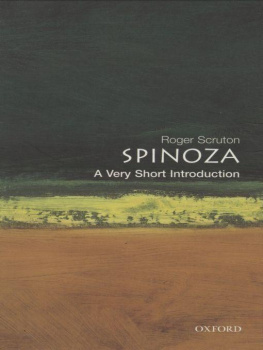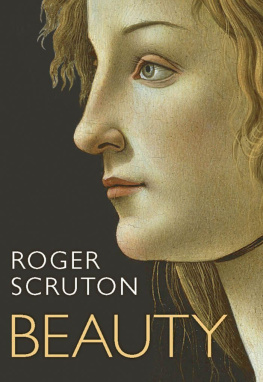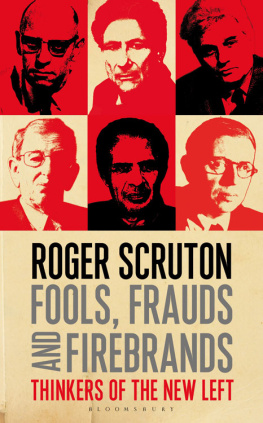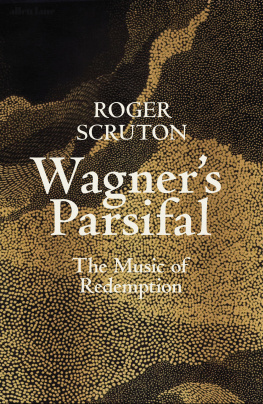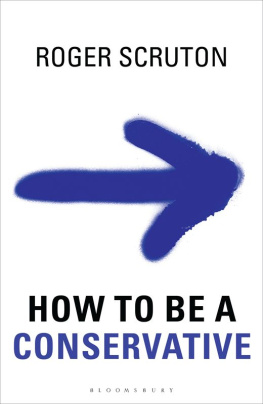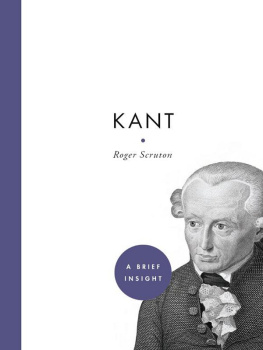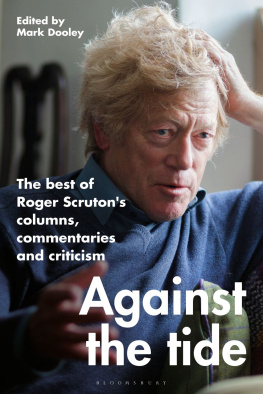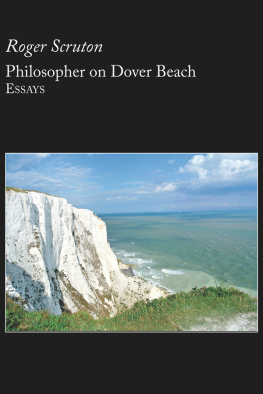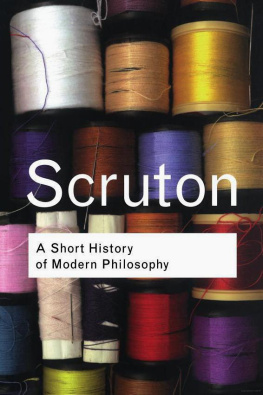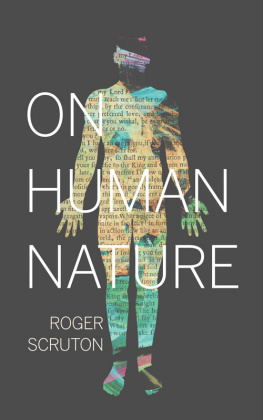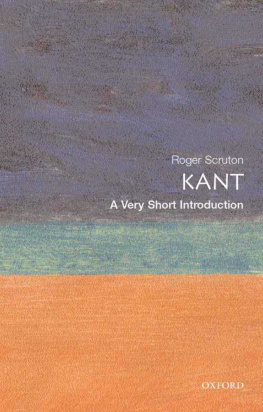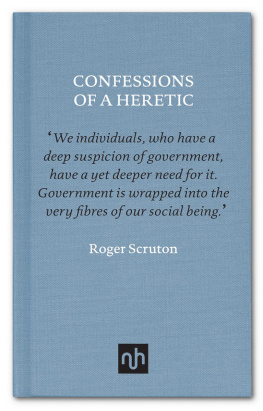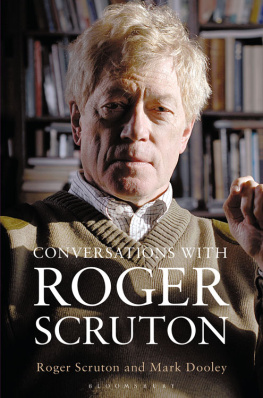WHERE WE ARE

Was du ererbt von deinen Vtern hast,
Erwirb es, um es zu besitzen.
(What you have inherited from your ancestors,
Earn it, so as to own it.)
Goethe, Faust
CONTENTS
The European treaties have imposed laws on our country without discussion in Parliament, while Parliament has referred two vitally important matters the unity of the Kingdom and our membership of the European Union to the people, asking them (though in the first case only some of them) to choose by referendum what our future should be. Does this mean that the United Kingdom is no longer a representative democracy? It is surely clear that legislation issuing from a Treaty, of which we are only one among 28 signatories, is not legislation issuing uniquely from our elected representatives, and that decisions made through plebiscite are not decisions of Parliament. How, in these circumstances, do we define our identity as a body politic, and what in the coming years will hold us together, as a single people subject to a single rule of law? This book sets out to answer those questions, and to understand the volatile moment in which we live.
Previous drafts were read by Tim Congdon, Mark Dooley, Alicja Gescinska, Maurice Glasman, Bob Grant, Douglas Murray and Robert Tombs, and I have benefited greatly from their advice.
Malmesbury, June 2017
This short book is a personal response to the Brexit decision, but not an argument for it. Whether or not the British people were right to vote as they did, they are now committed to leaving the European Union, and the question that I address is how our national sovereignty should be conceived in order to bring the leavers and the remainers together.
Some will say that the British people are not committed to leaving the European Union since, in our system of representative government, binding decisions are taken by the Queen in Parliament, and not directly by the people. And they might point to the subsequent general election, in which Theresa May, having made Brexit central to her platform, lost her majority, as though the referendum were now of dwindling significance, and outside the real business of Parliament. On the other hand, it was a decision of Parliament to seek a popular vote, and it was assumed on every side that the question lay beyond the reach of normal government, being an issue about our identity as a political community.
In fact, the British people used the referendum to express feelings that had been largely excluded from the political process. David Cameron did not at first perceive this, but, waking up to the reality of popular sentiment and attempting to secure the result on which he had staked his career, he warned of the economic catastrophe that awaits us, should we withdraw from the single market. And he produced one expert after another to prove the point.
Not all the voters, however, were persuaded. The experts had a point; but they sounded like people who could settle anywhere and always be on top of things. For such people it is no great imposition to be governed from elsewhere. Elsewhere is where they always are. For many ordinary voters, however, whose networks are also neighbourhoods, the issue of who governs us, and from where, is real and urgent. For such people something was at stake that had been systematically overlooked by the politicians, and which was more important to them than all the economic and geopolitical arguments, namely the question of identity: who are we, where are we, and what holds us together in a shared political order? It is not only the British who are faced with this question: it is the political question of our time, and all across Europe people are beginning to ask it. Moreover, it is not a question that can be settled by economic arguments, since it must be answered before any economic arguments make sense.
Identities are many, and often compete with each other. I have an identity as a writer, as a philosopher, as a husband and a father. In the various spheres in which I live and act, I recognize constraints, norms, duties and freedoms that belong to those spheres and provide them with their meaning. In that sense an identity assigns me to a group. But some groups also act as groups, taking decisions on behalf of their members and requiring the members to accept what is undertaken in their name. Hence when we act collectively as in a committee, a team or a club we need a clear conception of who belongs with us, and why. This conception will define what the members owe to each other and why they are included in the deal. It will be the foundation of the trust on which the collective is built. It is in this sense that politics presupposes a shared identity: a definition of who is included that enables each of us to adopt the decisions made in our name.
But what happens when trust disintegrates? In particular, what happens when the issues closest to peoples hearts are neither discussed nor mentioned by their representatives, and when these issues are precisely issues of identity of who we are, who is included and who is not? This, it seems to me, is where we have got to in Western democracies in the United States just as much as in Europe. And recent events on both continents would be less surprising if the media and the politicians had woken up earlier to the fact that Western democracies all of them without exception are suffering from a crisis of identity. The we that is the foundation of trust and the sine qua non of representative government has been jeopardized not only by the global economy and the rapid decline of indigenous ways of life, but also by the mass immigration of people with other languages, other customs, other religions, and other and competing loyalties. Worse than this is the fact that we cannot question this publicly without risking the charge of racism and xenophobia, and therefore cannot begin the process of coming to terms with it by discussing what the costs and benefits might be.
That is one reason why people no longer trust the political class. The Brexit referendum in Britain, the elections of Donald Trump and Emmanuel Macron, the rise of outsider political parties in France, Germany, the Netherlands, Italy, Spain, Sweden, Greece and Finland all these unforeseen developments point to a breakdown in trust between the electorate and the political establishment. And the reason for this is everywhere the same, namely that politicians have failed to stand up for the nation, or to affirm what many of its members see as their inherited rights.
The question of identity is bound up with that of sovereignty: who governs us, and from where? The European Union has evolved rapidly, and through a process of institution-building, so that the question of sovereignty has often been difficult to answer. It began with the Treaty of Paris of 1951, establishing the European Coal and Steel Community (ECSC). This was designed to place coal and steel then the principal resources of military power outside the monopoly control of any national government. But the intention was not merely to create obstacles in the path of a third European war. The intention of the founders, and of Jean Monnet in particular, was to create a union of states, which would pool their sovereignty in a shared form of government. By a separate Treaty, the Treaty of Rome of 1957, the members of the ECSC set up the European Economic Community and the European Atomic Energy Commission, the first of which was to be a customs union running a common market for goods, services and labour, and a Common Agricultural Policy. A Merger Treaty of 1967 combined the three institutions, and the resulting European Community incorporated a succession of new members, leading to a revision of the Treaty of Rome and the eventual creation, via the Maastricht Treaty of 1992, of the European Union as we know it today.


